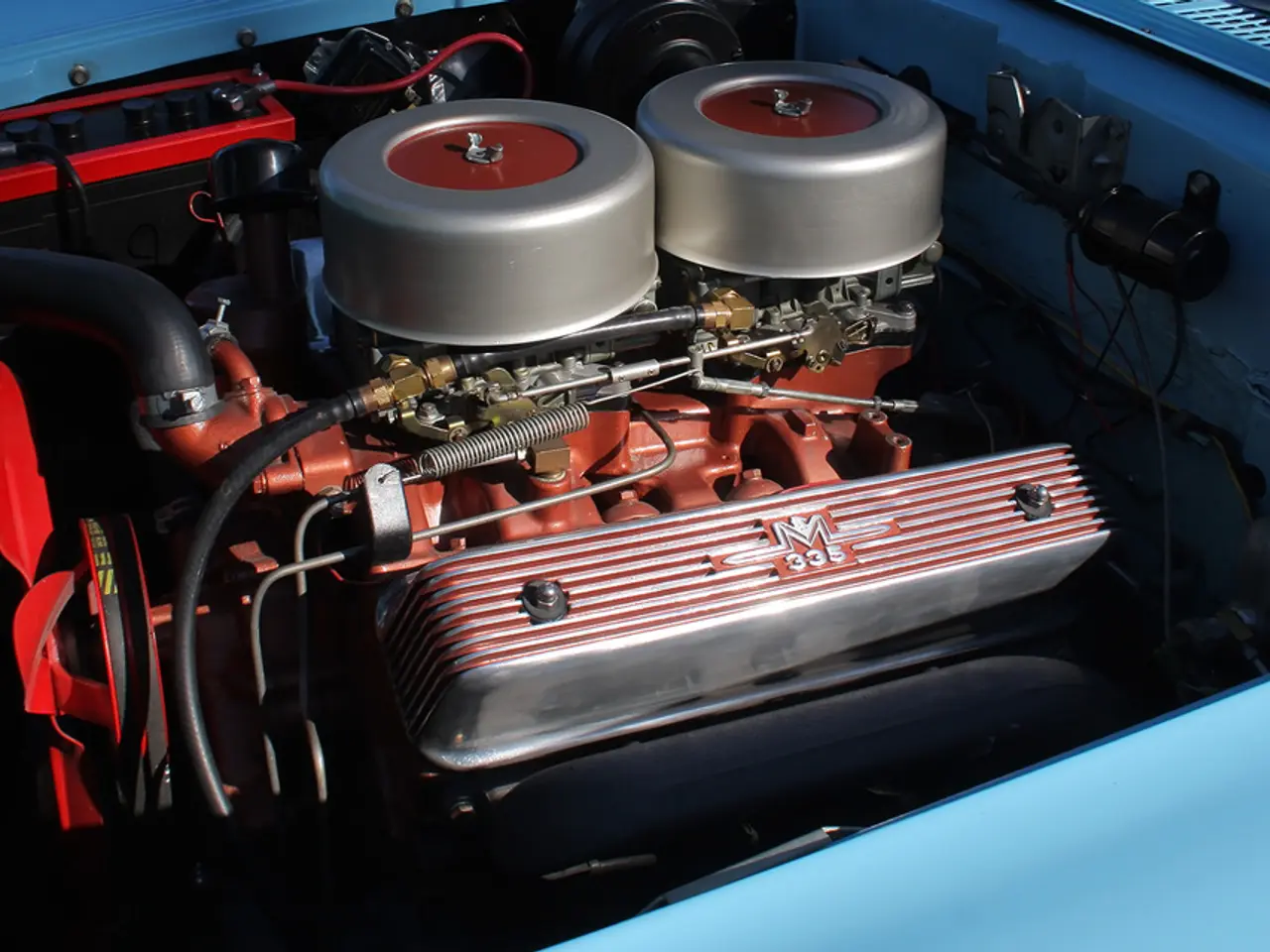In a Changing Global Landscape, Flexible Process Control Emerges as the Intelligent Decision
Model Reference Adaptive Control (MRAC) is a cutting-edge control technique that allows a controller to adapt its parameters in real-time to track the behaviour of a desired reference model. This approach offers several advantages in the process industries, particularly in handling system uncertainties and variations.
There are two main types of MRAC: direct and indirect. In direct MRAC, controller parameters such as feedback and feedforward gains are directly adapted based on the tracking error between the system output and the reference model's output. The adaptation algorithm updates these parameters in real time to minimize this error and ensure the controlled system behaves like the reference model.
On the other hand, indirect MRAC first estimates the parameters of the process or plant model online, and then uses these estimated parameters to update the controller accordingly. This method provides a deeper understanding of the system dynamics and can handle parametric changes more effectively.
The key advantage of MRAC lies in its ability to maintain consistent performance in the face of system uncertainties and variations. By continuously adjusting controller parameters to match the desired reference model behavior, MRAC ensures improved robustness, adaptability, and performance without requiring precise knowledge of the plant dynamics upfront.
MRAC is well suited for processes where consistent performance is critical but system parameters may drift or be initially unknown. However, it requires a digital signal processor (DSP) or a microcontroller capable of real-time calculation of the control law and adaptation algorithm.
| MRAC Type | Description | Advantages | |--------------|-------------------------------------------------|---------------------------------------------| | Direct MRAC | Directly adapts controller parameters based on error | Fast adaptation, simpler implementation | | Indirect MRAC| Estimates plant parameters first, then adapts controller | More structural insight, can handle parametric changes |
Both types provide robust adaptability for process control by minimizing tracking errors and compensating for uncertainties. This makes MRAC a smart choice in industries requiring flexible, resilient control strategies in the presence of operating variability.
It's important to note that while MRAC offers numerous benefits, it can also present challenges. For example, standard MRAC may exhibit high-gain control, which could be problematic for stability. Additionally, MRAC algorithms can be non-linear, making design and analysis more complex.
In conclusion, MRAC is a powerful tool for process control, offering robust adaptability and improved performance in the face of system uncertainties and variations. By minimizing the difference between actual and reference model outputs, MRAC ensures consistent performance in a variety of industrial applications, from temperature control systems to reactor systems and linear servo motors.
Data-and-cloud-computing technologies play a crucial role in optimizing the performance of Model Reference Adaptive Control (MRAC) by providing the necessary computing power and storage for real-time calculations of the control law and adaptation algorithm. With cloud-based systems, MRAC can be easily scaled to handle large-scale industrial applications, enabling remote monitoring, analysis, and control.
Advanced technology-driven solutions, such as machine learning and artificial intelligence, have the potential to further enhance the adaptability and performance of MRAC systems. For instance, machine learning algorithms can be applied to improve the estimation process in indirect MRAC, leading to more accurate and timely parameter updates.




